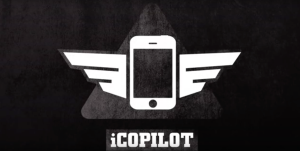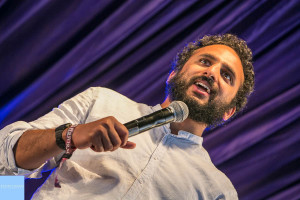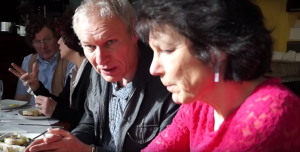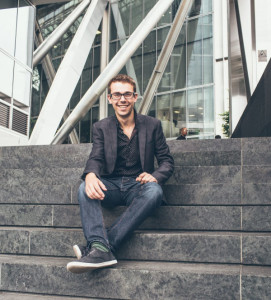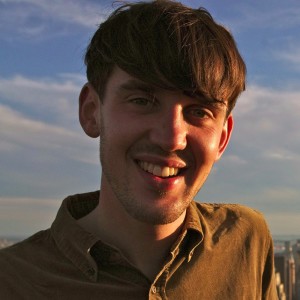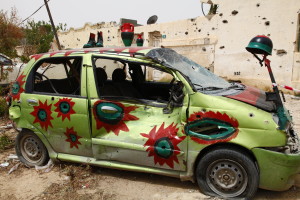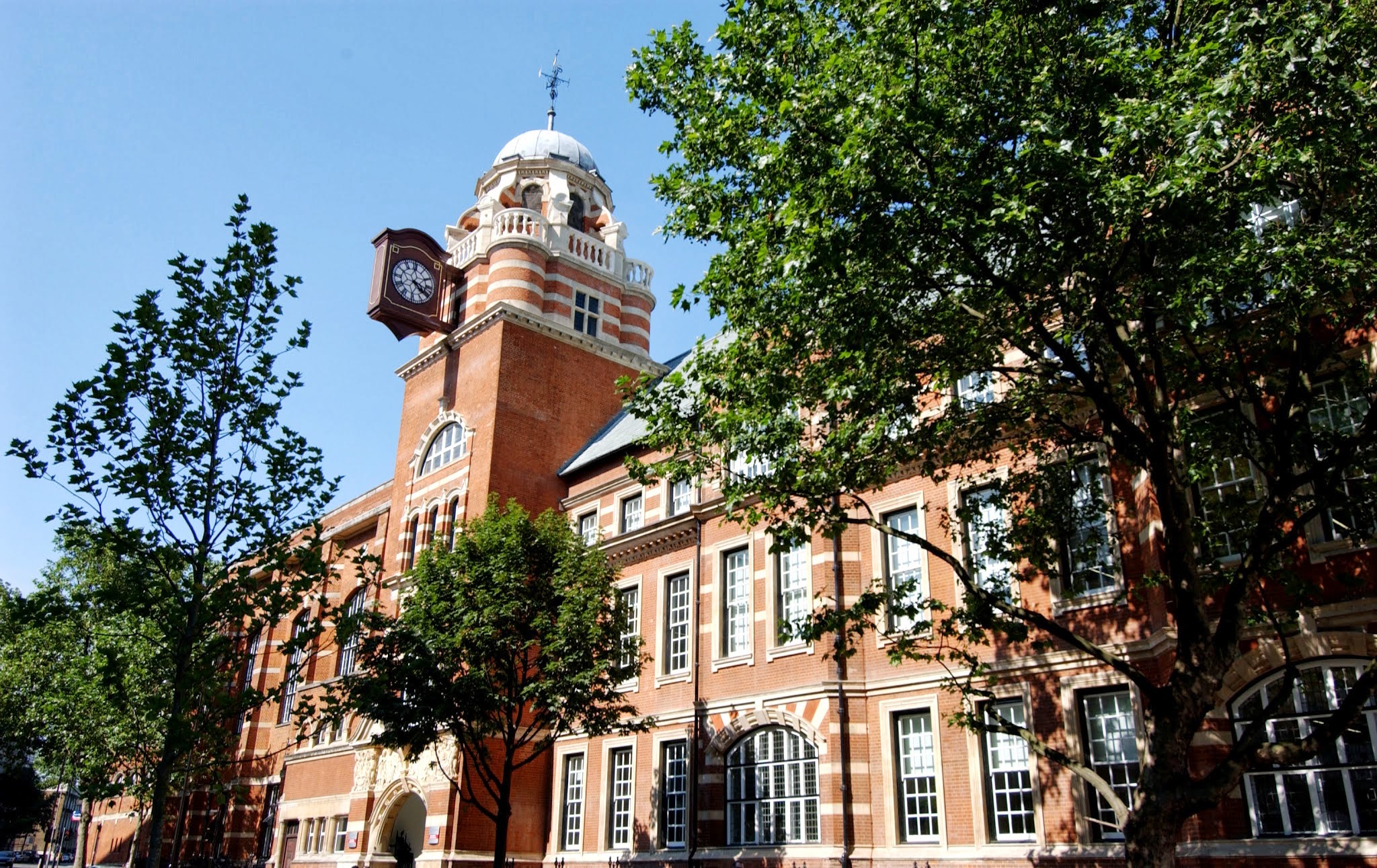
Life before entering City may seem long forgotten for most students – from struggling to get a story on patch day, to pitching ideas and finding a journalism work placement. It’s incredible how far MA Journalism students at City can come in only a few months. It has been a place where students’ most cherished memories were created. We have gathered irreplaceable stories and experiences from ex-City students to provide an insight into its 40-year journalism history.
Trisha Andres, MA Political Journalism student, (2012-13) Commissioning editor for travel, Telegraph media group
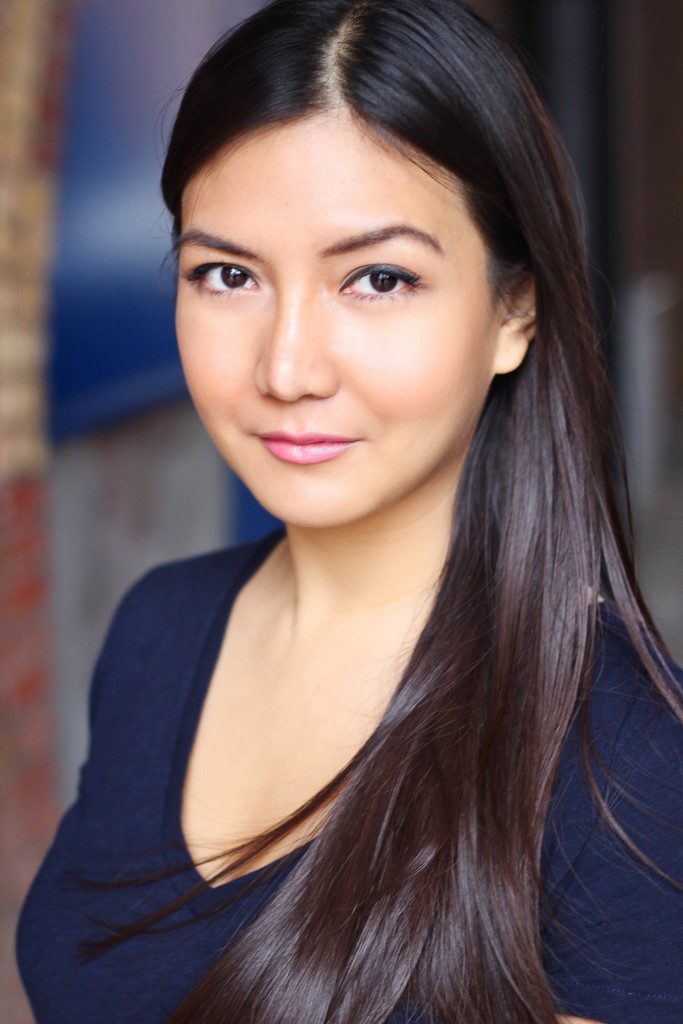
What was your most funny/memorable experience?
We had a former Labour MP on the course with us, Tony McNulty. He had so many anecdotes to share and he gave us an insight into Parliament. George Parker took us around the Houses of Parliament. There were quite a few MPs milling around. You get an insight into political journalism, and it was an opportunity you are unlikely to get outside of City.
What was your most important lesson learned?
For me it was diversifying my skills as a journalist – both in print and online. The takeaway was perfecting the core skills of writing and reporting. Being able to show commitment to the industry by searching for placements with the help of City. Directly, or indirectly, it’s how you’re going to get a job.
What interesting/influential people did you meet?
We had a great range of speakers, particularly Ann Treneman who was a Parliamentary sketch writer for The Times. She was so happy to chat about working in the industry. George Parker, the Financial Times’ political editor, was also really helpful. I also went through the city alumni database and chose a mentor. I met with Samira Ahmed (BBC) for a coffee and she gave me advice on work and life in general. It’s great to be put in touch with people you admire.
What would you do differently?
I worked at the FT while doing the MA from start to finish. If I were to do it again, I wouldn’t do it in tandem. Obviously it was a good thing, and I can’t really complain, but you need time to immerse yourself into the different aspects of the course. Generally, it’s good to give things time to adjust and see which areas you fit into best. I would like to have collaborated with other MA courses within Journalism. It would have been great to expand my network and just have a chat with people who have similar interests.
Who was your favourite lecturer/module?
The reporting module was my favourite. Before then, I had only done feature writing. News writing uses different skills and I found it really helpful. We had to write 500 words in less than 30 minutes – it makes you feel “I can do it”. You feel the pressure of the newsroom but in an environment where you can still afford to make mistakes.
Katie Jacobs, MA Magazine Journalism student (2008-2009), editor – HR Magazine
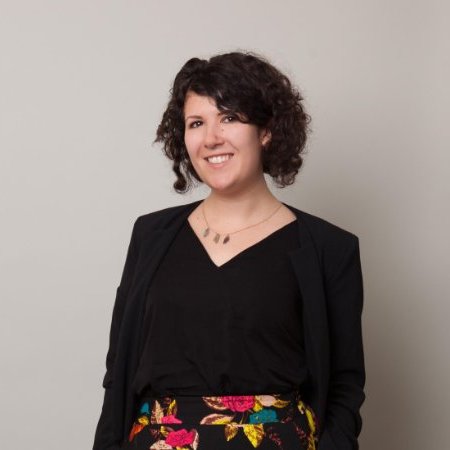
What was your most funny/memorable experience?
In my patch (Camden), I focused on youth unemployment. My main contact ran a youth centre and there was a sex education workshop. They were playing with condoms and and talking about really intimate things like STIs. I spent quite a lot of time there but it was so intimidating.
What was your most important lesson learned?
One of the most valuable lessons for me was the importance of news. I just wanted to be a feature writer, and I didn’t realise you had to dirty your hands with news. You have to push yourself out there, talk to everyone and everybody. It’s scary to be so vulnerable. As I’m a trade journalist now, I needed that grounding and it was such a valuable experience.
I also loved production fortnight and being part of a team working insane hours. I was production editor and I was responsible for flat planning. Now that I am an editor, that experience was great. It’s good to get out of your comfort zone and do a role you’re not completely comfortable with. I remember it was two days before we had to go to print and it hadn’t been done right. I was phoning the editor at 11pm saying: “What do I do?!”
What would you do differently?
If I’d known I was going into trade journalism, I would have done more business during the course. I did the entertainment specialism which didn’t really help for what I’m doing now. Shorthand should be compulsory. You need it –whether you’re going into news or features. When you need particular quotes, you waste hours transcribing. Journalists need to be confident in their note taking, however you do it.
Who was your favourite lecturer/module?
I enjoyed the feature writing. I particularly enjoyed copy clinic with Sean Dodson for journalism practice. We did so many interesting and fun feature pieces and thinking of new topics each week was really effective. It was quite intimidating getting feedback, but it was great.
Barbara Speed, MA Magazine Journalism student (2013-2014), staff writer at New Statesmen and City Metric
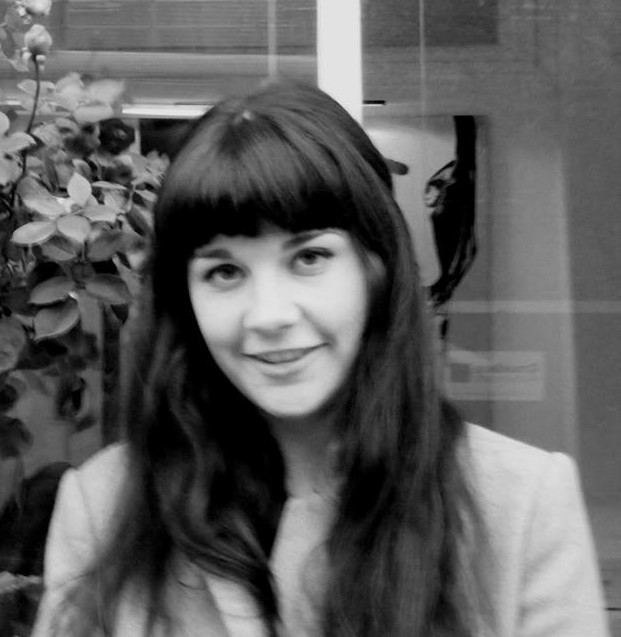
What was your most memorable experience?
I went to an organisation called Turn On London which held Orgasmic Meditation lessons. They were discussing sex in loads of detail. We played a game where you sat in the hot seat and people fired questions at you about sex. It was one of the most uncomfortable experiences of my life. They’re still calling me and asking me to join. I didn’t even get a very good mark – what was the point!
What was your most important lesson learned?
The course almost gives you permission to do journalism. Anyone can say they’re a journalist but because you have been trained and you know what to expect, it gives you that stamp of approval.
What would you do differently?
Making a mistake means you learn from it. It’s a great place to screw up so I wouldn’t change anything.
What was your favourite module?
I loved doing the XCity magazine. I was production editor on it, and it was fun to do something in print. I really enjoyed that, because I knew I didn’t want to work in print. It was fun putting a print product together while I had the opportunity.
Tom Davies, MA Financial journalism student (2013-2014); tutor at IDK tuition; tutor at private tuition service, First Tutors; business producer for BBC and freelance producer at CNBC
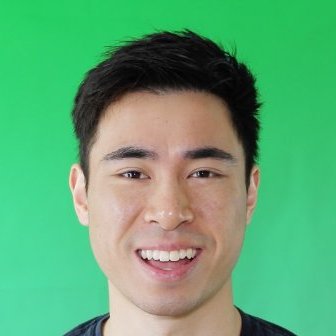
What was your most funny/memorable experience?
Our subsidised summer school in New York, arranged by our course director. We stayed in New York University halls 30 seconds away from Union Square. During the trip we were introduced to very high profile journalists including Mark Thompson, former director-general of the BBC and currently CEO of the New York Times Company. To top it off, we were in the right time zone to watch the World Cup.
What was your most important lesson learned?
A flexible approach to work. It’s very common to work for more than one organisation so it’s crucial to plan ahead both in terms of your working patterns and finances. Maintaining your relationships with all your editors is also important.
What interesting/influential people did you meet?
During the course, the BBC newsreader Lesley Curwen came in to give us a talk. She was very down-to-earth and gave us some excellent practical tips. It was reassuring to discover that established presenters were ordinary people away from the camera, something I’ve had the fortune to discover for myself.
What would you do differently?
I think I made the best use of my time at City. By the end of the course, I could shoot and edit to a professional standard. I’d also managed to establish some excellent contacts.
Who was your favourite lecturer/module?
My favourite lecturer was John Battle, who ran the Media Law course. Clearly a phenomenally intelligent man, his sessions were fascinating, well-structured and covered a huge amount of material.

